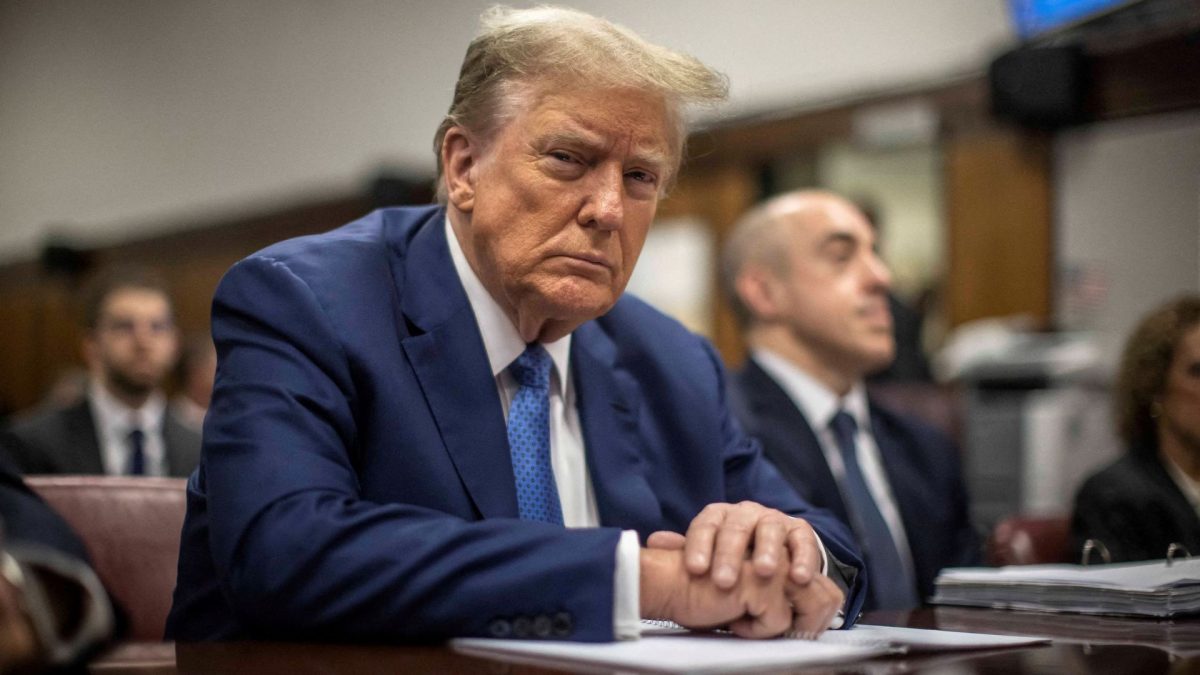US President-elect Donald Trump has vowed to fix the United States.
From immigration to the economy and what he perceives as social ills, Trump has vowed to fix everything that he says was broken in the last four years.
Even though Trump is confident of his ability to fix everything, the road to fixing the economy may not be so rosy. He is set to inherit a complicated economic outlook in which both the economy as well as inflation are growing.
This becomes important as some of the radical economic promises of Trump, such as imposing tariffs on all imports, are widely expected to raise inflation.
Inflation rises by 1.9% — complicating picture for Trump
Even as the US economy grew 2.8 per cent year-on-year in the third quarter, the inflation also increased by 1.9 per cent in the third quarter, according to the US Bureau of Economic Analysis (BEA).
The personal consumption inflation increased 1.5 per cent overall, and excluding food and energy prices, it increased 2.1 per cent, as per revised data from BEA.
Even though the economy grew at a healthy pace of 2.8 per cent in the third quarter, it was a decline from 3 per cent in the previous quarter.
In what is set to further complicate the picture, the BEA noted economic growth was driven by consumer spending, exports, federal government spending, and non-residential fixed investment — not residential or private investment. The BEA further noted a downturn in private inventory investment and a larger decrease in residential fixed investment.
Despite reduced investment, there was not an effect on the overall economic growth as the decline was offset by increase in exports, consumer spending, and federal government spending, according to BEA.
Impact Shorts
More ShortsTrump’s moves can further raise inflation
Trump’s proposed economic and trade policies may further raise inflation.
Trump has promised to raise import duties and impose blanket tariffs on all imports, which would raise prices for consumers.
Moreover, Trump’s plans to deport illegal immigrants, who are employed aplenty in some labor-intensive industries such as agriculture, may lead to food inflation as production may be affected.
In September, as Trump outlined his economic policies, an analysis by the Peterson Institute for International Economics (PIIE) said that such policies could raise the inflation to 6-9.3 per cent in 2026, which would at the current pace be around just 1.9 per cent, according to AP.
Trump has already pledged 25 per cent tariff on goods from Canada and Mexico and 10 per cent tariffs on top of current levies from Chinese imports. As the three countries are largest US trade partners, there is expected to be an inflationary blowback from such a move.


)

)
)
)
)
)
)
)
)



